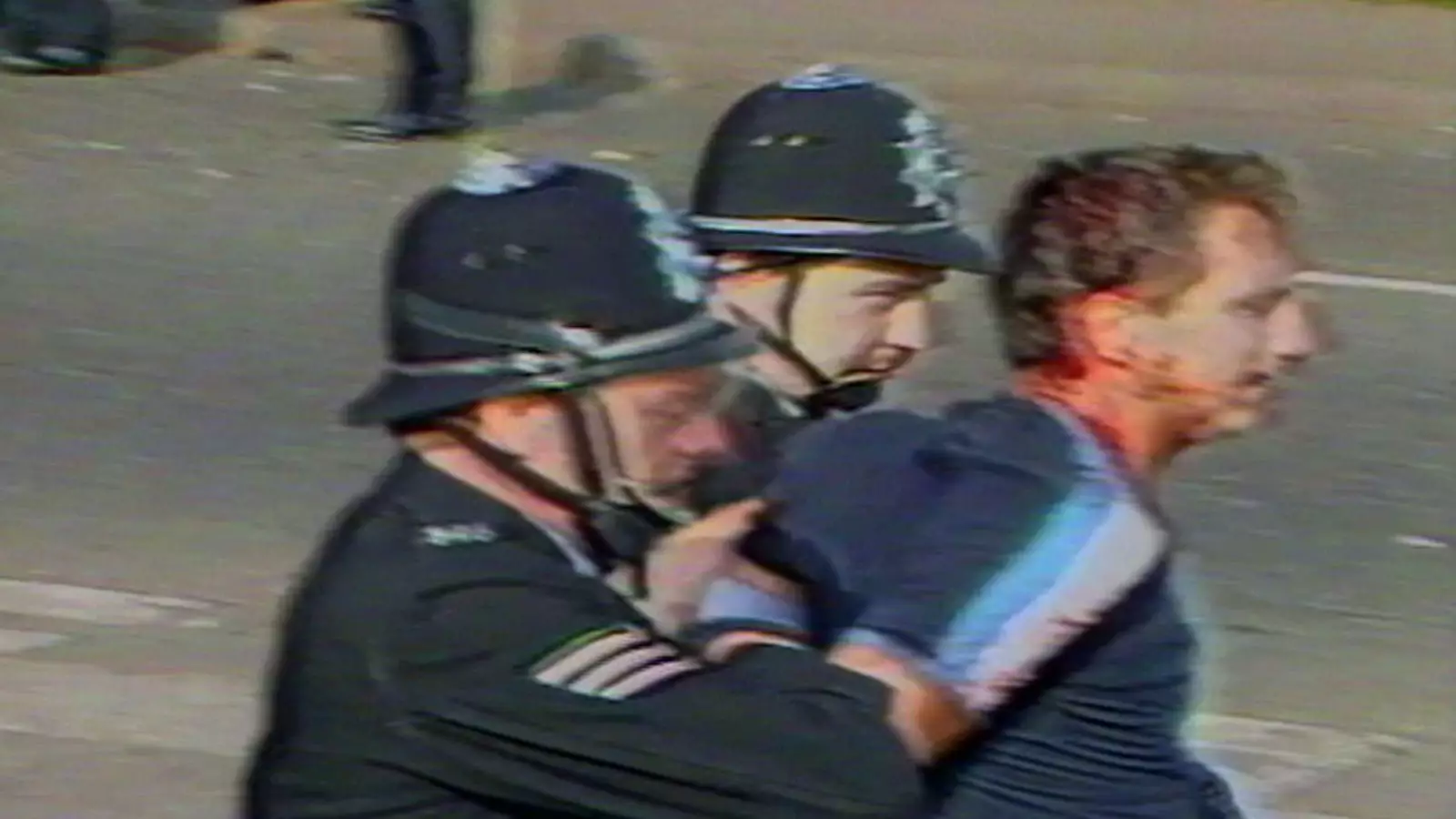The upcoming public inquiry into the so-called “Battle of Orgreave” promises to shed light on a pivotal event in Britain’s recent history, but ultimately, the process itself raises critical questions about the underlying motivation for truth-seeking and the integrity of institutional justice. While officials proclaim this inquiry as a step toward uncovering the truth, it often feels more like a political maneuver aimed at appeasing public pressure rather than a genuine effort for accountability. There is an inherent danger when the state seeks to reframe narratives, especially when the victims of state violence—miners and their communities—are still demanding acknowledgment and redress for decades of suffering.
Throughout the years, the narrative has been shaped by titillating headline accusations of violence and police brutality. Yet, a deeper analysis reveals the layered complexity of power dynamics at play. The dominant narrative conveniently portrays miners as instigators of chaos, ignoring the broader context of systemic repression, economic hardship, and escalating tensions during the Thatcher era. It’s not merely about a violent clash but about the state’s willingness to brutalize the very people fighting for survival—a pattern that echoes in many other moments of resistance across history.
The Role of State Power and the Suppression of the Working Class
What many fail to grasp is how institutional power operates to uphold capitalist interests at the expense of marginalized communities. The policing tactics used at Orgreave, including horse charges, batons, and unidentified officers, did not happen in a vacuum; they were part of a calculated set of maneuvers designed to intimidate and control. The official narrative conveniently sidesteps the possibility that the police was acting under directives from higher authorities, effectively weaponizing state machinery against ordinary citizens.
Moreover, the fact that police-issued evidence against miners was unreliable enough to thwart all prosecutions exposes a disturbing pattern of procedural manipulation. The miscarriage of justice was not just a product of individual misconduct but symptomatic of a deeper institutional culture that prioritizes suppression over truth. It suggests a systemic refusal to confront uncomfortable truths about state violence and the harm inflicted upon working-class communities, even decades later.
The Long Shadow of Silence and the Struggle for Recognition
For many who lived through the Orgreave ordeal, the wounds are still fresh—psychologically, physically, and socially. The slow pace of justice—marked by years of official indifference and dismissiveness—has compounded their pain. The fact that some of the miners and campaigners involved have passed away without seeing any meaningful accountability underscores the tragic failure of a justice system that is supposed to serve all citizens equally.
The current inquiry, while welcomed, comes with an air of skepticism. Its statutory nature—meaning witnesses can be compelled—may be a commendable feature, but it does not guarantee an honest reckoning. The appointment of the Bishop of Sheffield as chair, while symbolically significant, raises questions about whether the inquiry can maintain the necessary critical distance from state power or whether it will be influenced by institutional interests.
Seeking Truth or Repeating the Past?
The community’s call for transparency and genuine justice deserves to be met with a skeptical eye. This inquiry risks becoming another chapter in a long history of half-hearted attempts at accountability that ultimately serve to reinforce the status quo. When the state selectively opens its archives and controls the narrative, it undermines the very essence of truth-seeking.
The story of Orgreave is a stark reminder that justice is often a matter of power—who controls historical narratives, who gets to speak, and who remains silenced. The miners and their families are justified in their frustration; they demand not only answers but acknowledgment of the injustices inflicted upon them. Anything less allows the cycle of repression and denial to persist, threatening to leave a scar on Britain’s moral conscience for generations to come.



Leave a Reply